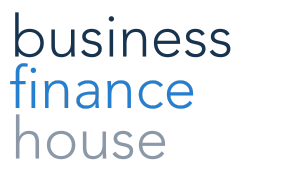When researching financing for commercial vehicles for your business, insurance isn’t just a box to tick, it’s a critical piece of the puzzle. Whether you’re securing a single van or a fleet of trucks, having the right insurance ensures your investment is protected, your business is compliant, and you can operate smoothly. This blog explores the insurance considerations for commercial vehicle financing, the different types available, and what to consider when making your choice.
Why Insurance is Essential for Financed Commercial Vehicles
When you finance a commercial vehicle, the lender often requires insurance to safeguard their investment. After all, until the loan is fully repaid, the vehicle technically belongs to them. Imagine your van is involved in an accident, or your lorry is stolen. Without adequate insurance, you’d be left covering the repair costs or, worse, paying off a loan for a vehicle you no longer have. Insurance ensures you’re financially secure no matter what happens, helping your business stay on track even during challenging times.
Types of Insurance Coverage for Commercial Vehicles
Not all insurance for business vehicles offer the same policies, so understanding your options is essential for making the right choice. Here are the main types of coverage to consider:
-
Comprehensive Insurance
This is the most extensive form of coverage, protecting against accidents, theft, fire, and vandalism, regardless of who’s at fault. While it’s the most expensive option, it offers the best protection, making it an excellent choice for financed vehicles.
-
Third-Party Liability Insurance
This is the minimum legal requirement in many regions. It covers damages to other people’s property or injuries caused by your vehicle. However, it doesn’t provide cover for your own vehicle, so you might want to combine it with additional coverage.
-
Fleet Insurance Policies
If your business operates multiple vehicles, fleet insurance could save you both time and money. It has all your vehicles under one policy, often at a discounted rate, and makes managing insurance far more straightforward.

-
Gap Insurance
If your vehicle is written off, gap insurance covers the difference between its market value and the remaining loan amount. Without it, you could find yourself paying for a vehicle you no longer have.
-
Specialised Insurance
Depending on your business, you might need something more specific. For example, businesses transporting goods might require goods-in-transit insurance, while construction vehicles might benefit from off-road cover. Discuss your requirements with your insurer to find a policy tailored to your needs.
Factors to Consider When Choosing Insurance for Financed Commercial Vehicles
Choosing the right commercial vehicle insurance policy involves more than just ticking boxes. Here’s what to keep in mind:
-
Policy Coverage
Look for a policy that offers robust coverage, especially for risks that are most relevant to your industry. For example, if your vehicles often travel long distances, breakdown cover might be essential.
-
Premium Costs
While comprehensive policies tend to cost more, they often save money in the long run. However, it’s important to strike a balance between adequate coverage and affordable premiums. Compare quotes from multiple providers to ensure you’re getting value for money.
-
Deductibles
This is the amount you’ll need to pay upfront before the insurance takes over. Higher deductibles often mean lower premiums, but make sure you’re comfortable with the out-of-pocket expense if something happens.
-
Customisation Options
Some insurers offer tailored policies, ensuring you’re not paying for cover you don’t need. Customisation helps you focus on protecting what’s most important to your business.
-
Insurance Provider Reputation
A good policy is only as reliable as the company behind it. A provider with a track record of smooth and fair claim handling can save you a lot of headaches down the line.
How Insurance Impacts Your Commercial Vehicle Financing Terms
Your choice of insurance can directly influence your financing terms. Lenders often prefer comprehensive cover because it minimises their risk, and having robust insurance may even lead to better loan conditions.
Bundling your insurance with your business vehicle financing is another smart move. Many lenders offer this option, which can result in cost savings and simplified paperwork. It’s worth discussing this with your financing provider to see if it’s available.
Benefits of Bundling Insurance with Commercial Vehicle Financing
Bundling your insurance with your financing can offer several advantages:
- Convenience: Handle your financing and insurance in one place.
- Cost Savings: Bundled deals often include discounts or preferential rates.
- Tailored Cover: Financing providers typically understand your needs and can offer policies that align perfectly with your business.
When financing a commercial vehicle, insurance isn’t just a legal or lender requirement, it’s a smart way to protect your business. From comprehensive cover to specialised policies like gap insurance, there’s an option for every need. Take the time to evaluate your choices, and remember that the right insurance can also enhance your financing terms.
Get in touch with Business Finance House today, our team of experts will help you navigate commercial vehicle financing and find the right insurance for your business.








